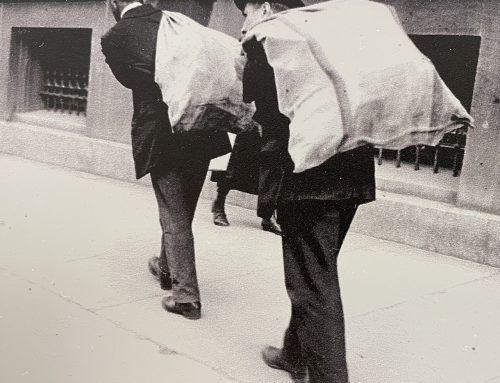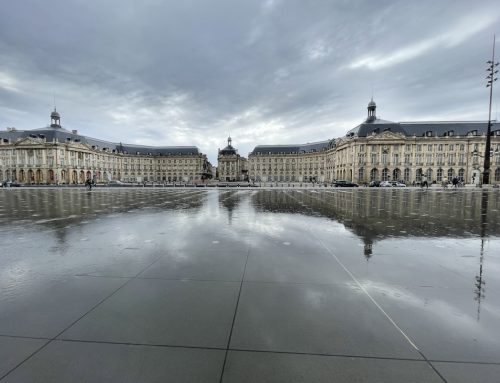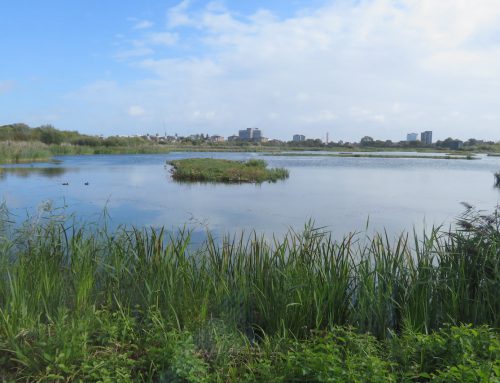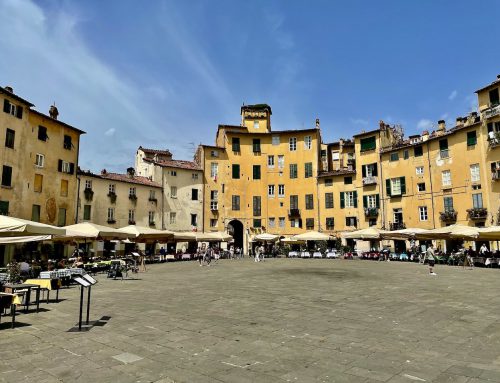Lady touts, taxi touts and Umm Ali
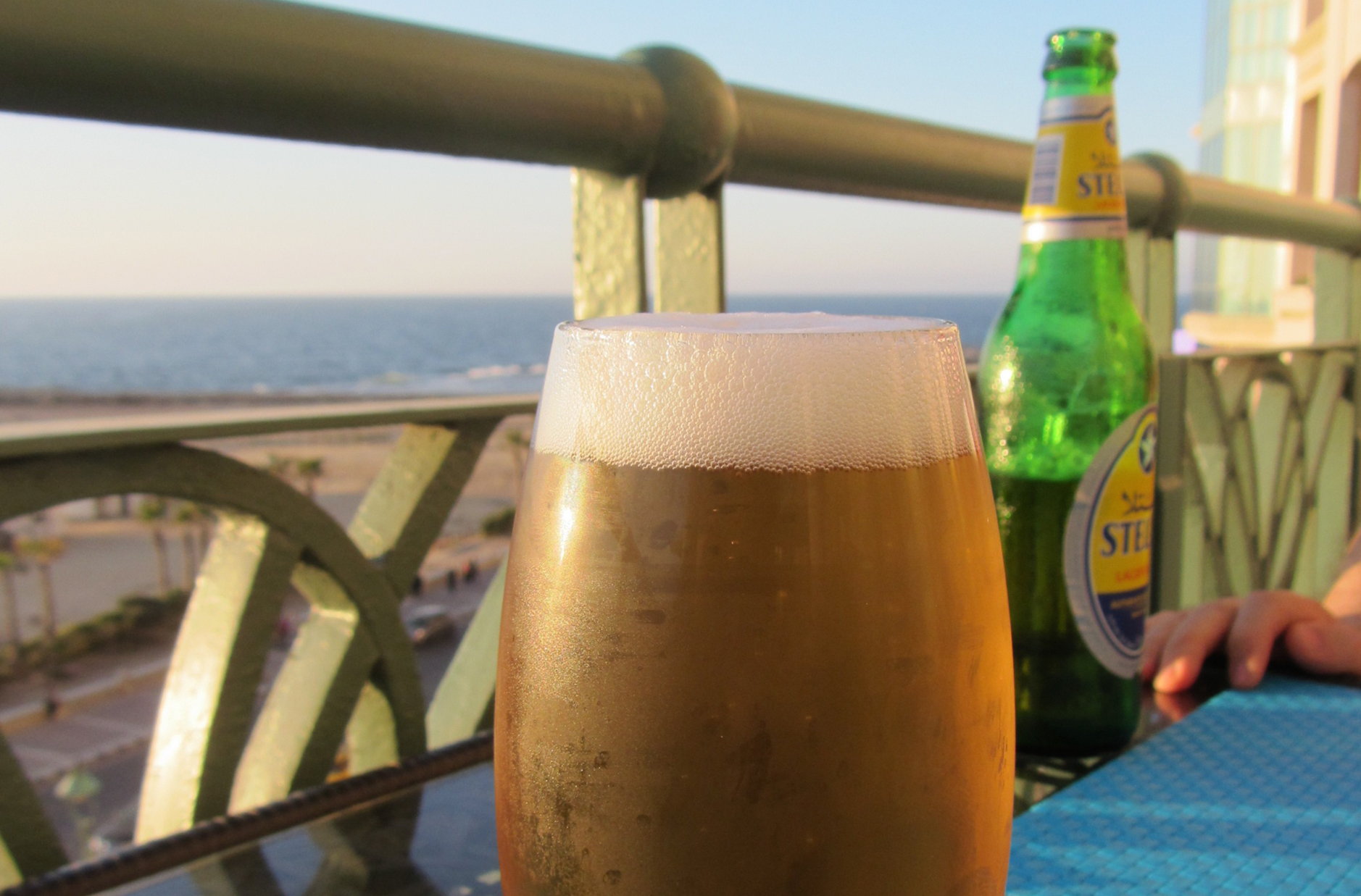
Ice cold in Alex

Ice cold in Alex
Alexandria, Egypt
How dull it would be if all nations were the same, as if it were expected that we should each behave in an identical way. Yet my experience of Egypt, which is where I am sat right now, has begun to make me wish that on occasions peoples might clone. Now and again it would just be good for folk to be predictable, equally so. There is nothing predictable about arriving in Egypt.
It seemed simple at the time. Could I give a series of talks in Alexandria? I scanned through Google to check the likelihood that a young man waving a black flag might behead me. It looked as if the Foreign and Commonwealth Office were reasonably happy with that particular part of Egypt and so all being well I should return to UK vaguely intact. Anyway, I had memories of seeing Ice Cold in Alex several decades ago and had always wanted to down a beer in Alexandria. The film’s final scene would take anyone off a life of teetotalism and point them straight towards the nearest bar. The film makes drinking an ice-cold beer something to truly savour.
There was also Umm Ali. This is my most favourite Arab food. Basically it is a mix between bread and butter pudding, rice pudding, filo pastry, a sprinkling of raisins and little pieces of what I think is soggy bread on the top. Sounds awful but tastes utterly brilliant. Umm Ali originated in Egypt, and wild horses were not going to hold me back.
So I arranged for a short operating list in London in the morning and left sufficient time to reach Heathrow for the 1500hrs flight to Cairo. But things never go the way you want, do they? Particularly in respect of travelling to Egypt, it appears.
It was as I walked off the aircraft and headed to Cairo Arrivals that I sensed all might not be as I had hoped. The email had said I should expect a man with a sign in the Arrivals area, the limousine driver who would take me to Alexandria. No problems, I thought. I had used this system in airports right around the world. A man with a sign is simply the way things are done globally. It presumes, of course, that your particular man with a sign is there, that he can write your name in recognisable script, and that he has not gone off for a smoke break as you are walking past. Whatever the cause, my man with sign was nowhere to be seen. I scanned several rows of drivers, sometimes up to three deep and positioned at various locations as I strode through the airport’s polished, hospital-like corridors. There was no logic as to where the men with signs would wait. Some were at the aircraft door, some haphazardly positioned to one side of a corridor, a gaggle more before Customs, some beyond and a few stragglers who had decided that the agreed Arrivals area was indeed the place they would stand.
Yet however I scanned the various signs, some limp, some rigid, some bright, some dull, some rolled up so tight they were impossible to read, I could not pretend my guy (or gal) was to be found. Soon, almost before I knew it, I was through Arrivals and onto on the pavement outside the outermost terminal door and without any trace of man with sign. That was my undoing. Never leave an airport terminal until you have accurately identified how you intend to continue with your onward travel. I broke my own rule and was instantly surrounded by more than a dozen individuals promising me a good price for a taxi. One even offered me a good price for a girl, although it may have been his pronunciation. Actually, the wicked, lascivious look in his eye suggested that I had not misheard.
Girl or not, car or not, once outside there was no going back, my return path being blocked by two dozy security guards. Each lay sprawled uncomfortably in a deformed, time-expired, blue plastic chair, and one was playing with a tasselled string of amber beads. Worry beads they are called but worried he was not. In no way was he worried at all. His function, as best I could tell, was to talk earnestly to his colleague, who looked equally bored, and to ignore all exiting travellers other than those like me who wished to dash back in to the security of the airport terminal building. At that very moment, as I was about to cross the threshold to safety and air conditioning and escape the taxi touts outside, bead-rattler’s legs would lash out rigid and straight. It was clearly a well-practised manoeuvre and I endured it four times. Out would go the legs, up would go the beads, a forefinger would waggle, reinforced by an authoritative “No return!” Bead-rattler would then turn to his colleague and continue his conversation as if I had never existed. I thought to challenge him at one point but his BMI was way beyond healthy, his fingers podgy, his forehead sweaty. This was not a battle I would win.
So I stayed outside the terminal building. It was my only option. I was alone on a pavement outside Cairo Airport, 30 kilometres from the city centre without any clue what to do if abandoned. Bad planning, I said to myself. Well travelled I might be but all successful travelling relies on preparing for the unexpected. I had failed to prepare and was paying the price. So I put my voice on automatic replay for the taxi touts, the lady touts, indeed all those touts who now surrounded me.
“No!” I declared, “I am waiting for a friend. He will come.” I said those words at least twenty times.
Initially my rebuff had the desired effect. The touts stayed their distance. Yet as it became obvious that my invisible friend had not appeared, and was unlikely to do so, the touts became braver.
“Meester. Good price. Where you want to go?” The offer of a girl had by then disappeared.
Where indeed I thought? All I knew was that Alexandria was at least three hours’ drive away and that any touted taxi would cost me a fortune.
I pondered and realisation hit. What an idiot. Why had I not thought of it before? The conference programme was the clue. Quickly I found myself a tout-free recess of the building’s outer wall – it did not smell like the urinal it looked – I squatted on my haunches and opened my ever-faithful Mac, called up the conference programme and scanned the list of speakers. There! A name I recognised and someone I knew well. Maybe… just maybe…out came the iPhone, in went the number…I waited…no answer…I tried again…no answer…and again… “Hello,” came the reply, “to what do I owe the honour?”
It worked. Several mobile telephone calls later, a good 45 minutes, and at least two-dozen more touts, my driver had been tracked down. He had been asleep in the terminal car park and had missed the early arrival of my flight. After a sequence of apologies I was guided to my limousine. I now realise that the word “limousine” in Egypt does not imply a sleekly polished vehicle with a uniformed chauffeur. It simply means a car that might take a passenger from point A to point B. Anything from a Smart car upwards is a limo. Mine was a Kia, the sporty sort, driven by an archaeological restorer who clearly liked fast cars. Within minutes we were off and within minutes I had worked out that my greatest risk in coming to Egypt was this drive, not touts, beheadings, or the politics of the Middle East at all.

